The AFT 2121 Negotiations Team had two bargaining sessions with the District last week, one prior to the election, on Monday, and the second on Wednesday, when the positive outcome of the elections were clear. Unfortunately, despite the significant change in the College’s fiscal fortune represented by voters supporting both local Proposition A and statewide Proposition 30, the District’s attitude at the negotiating table had changed little.
Much like the Interim Chancellor’s statement to the college community on Wednesday that threw cold water on the election victories, the District’s negotiations team delivered largely the same message to the AFT negotiating team on Wednesday afternoon. They cited declining enrollment figures which, if not turned reversed, would mean further cuts in State funding this year.
AFT 2121 pointed out that the passage of Propositions 30 and A, largely the result of labor’s efforts with support from students and the community, both locally and statewide, changes CCSF’s current and future fiscal picture. We have successfully moved the bar by more than $25 million. Prop 30’s passage saves the College from another devastating trigger cut of over $10 million in the current year, while Prop A will bring in between $14 and $16 million in new annual revenues for 8 years. The District can take out an advance on all or part of these revenues in order to mitigate cuts. While careful planning and budgeting will still be essential, what looked to many like impending financial disaster or even bankruptcy has been avoided. AFT 2121 argued that this change in the College’s fortunes, though it does not address all of the College’s current challenges, should mean an end to the litany of economic concessions floated by the District prior to November 6 under its “worse-case scenario,” i.e., if both measures failed. The District’s response to the request for relief for faculty in light of the changed financial picture was to point to both enrollment concerns and to accreditation.
Data on District spending still unclear
Despite continued requests for accurate and up-to-date information and projections on spending during the current year—and several commitments that such information would be available for review by the teams—the District was unable to furnish this crucial information at either session. The AFT 2121 team has requested this information in order to assist in further analyzing the current and future fiscal situation. Current, 3-year budget projections, including those analyzed by FCMAT, estimate that if no further savings are accomplished, even with the parcel tax funding and no additional state cuts the District will face a new budget gap by 2014-15. However, other cuts, efficiencies, and savings are already being identified and implemented, many of which will capture ongoing savings, and faculty payroll is down substantially from last year as well. And with the passage of Proposition 30, community colleges can expect some restoration of funds in the next few years.
Additionally, AFT 2121 has requested accurate spending information regarding consultants and new administrative hires. The District is under scrutiny for above-average spending of approximately 92% on employee salaries and benefits. But increasing spending on new, highly paid employees and on costly consultants while cutting salaries and laying off those at the bottom is neither equitable nor sound educational policy. Runaway spending in these categories, in addition to shifting priorities away from serving students and sustaining our most vulnerable employees, could easily damage the budget balance—and the public trust.
Monthly pay necessary, but transition plan untenable
The District has presented a “transition” plan to move faculty from biweekly to monthly pay to go into effect January 1, 2013. Both parties have recognized for some time that reconciling biweekly pay with monthly reporting of earnings to CalSTRS is grossly inefficient and creates delays that negatively impact faculty. It also brings unnecessary costs to the District, and these costs have increased this year as STRS has changed its reporting rules and implemented substantial penalties.
Most faculty will recall that the District and AFT came to an agreement in Spring 2011 to move to monthly pay, only to have the District suddenly reverse course at the final hour due to cash-flow concerns that had not been appropriately considered or vetted in the agreed-upon proposal. In order to make the transition at this point, the District says it must move to pay faculty in arrears (at the end of the month worked). This will also address problems that can easily lead to overpayments to faculty, such as changes in workload due to class cancellations.
The problem is that transition to a monthly pay structure that pays in arrears apparently means the District thinks faculty would go with less pay and then fully without pay for a period of time—clearly an unacceptable proposal. Though there are good reasons to move to monthly pay, AFT 2121 insists that it should not be at the significant and in some cases impossible cost to our members, who already continue to suffer from cuts, freezes, and salary givebacks. The District must provide a way for faculty to get through the transition period with some means of financial support.


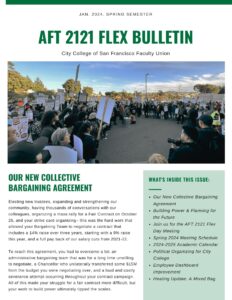
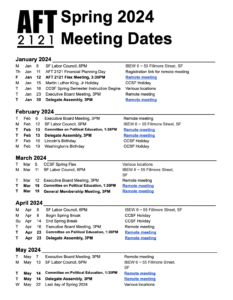
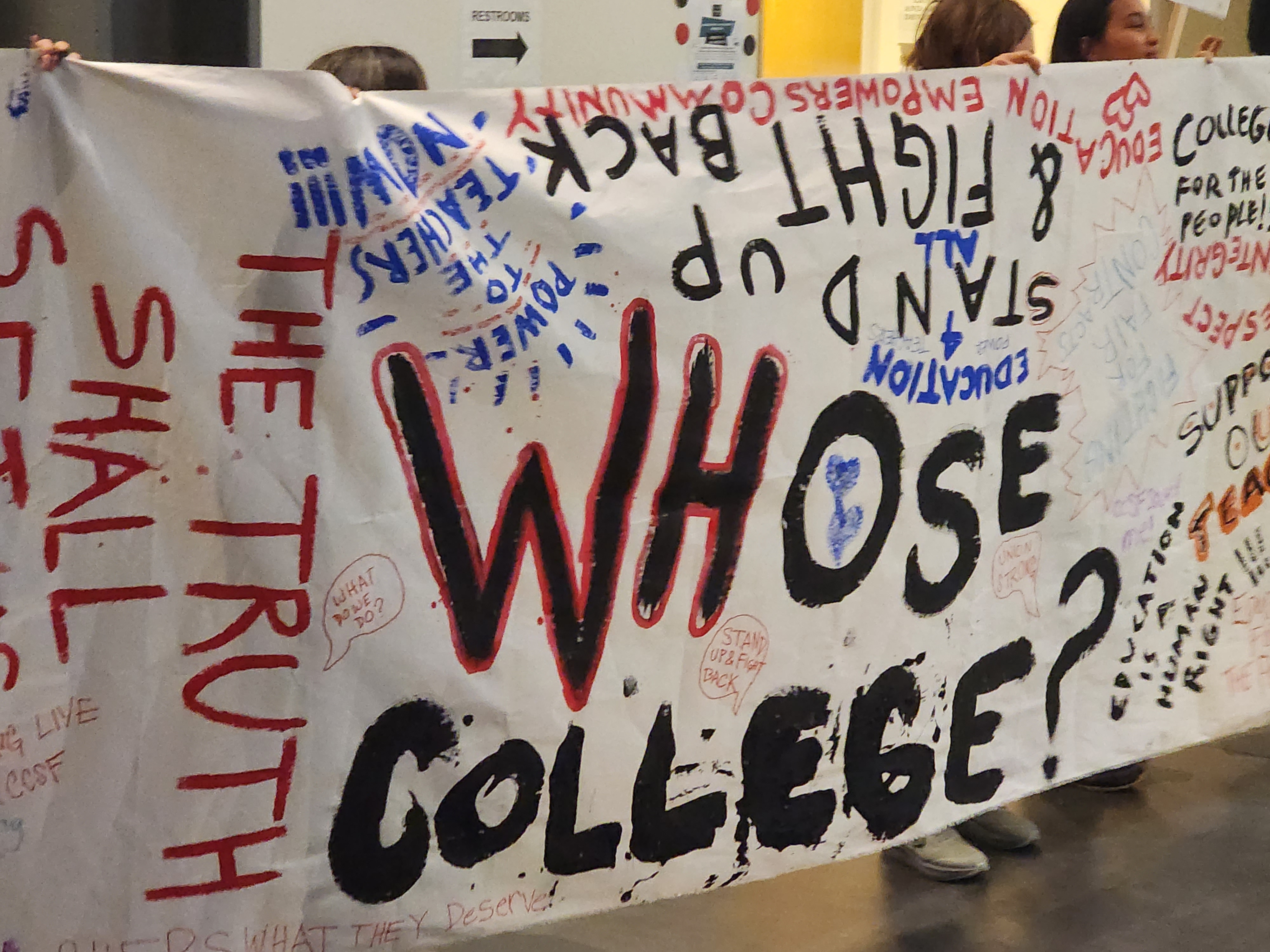
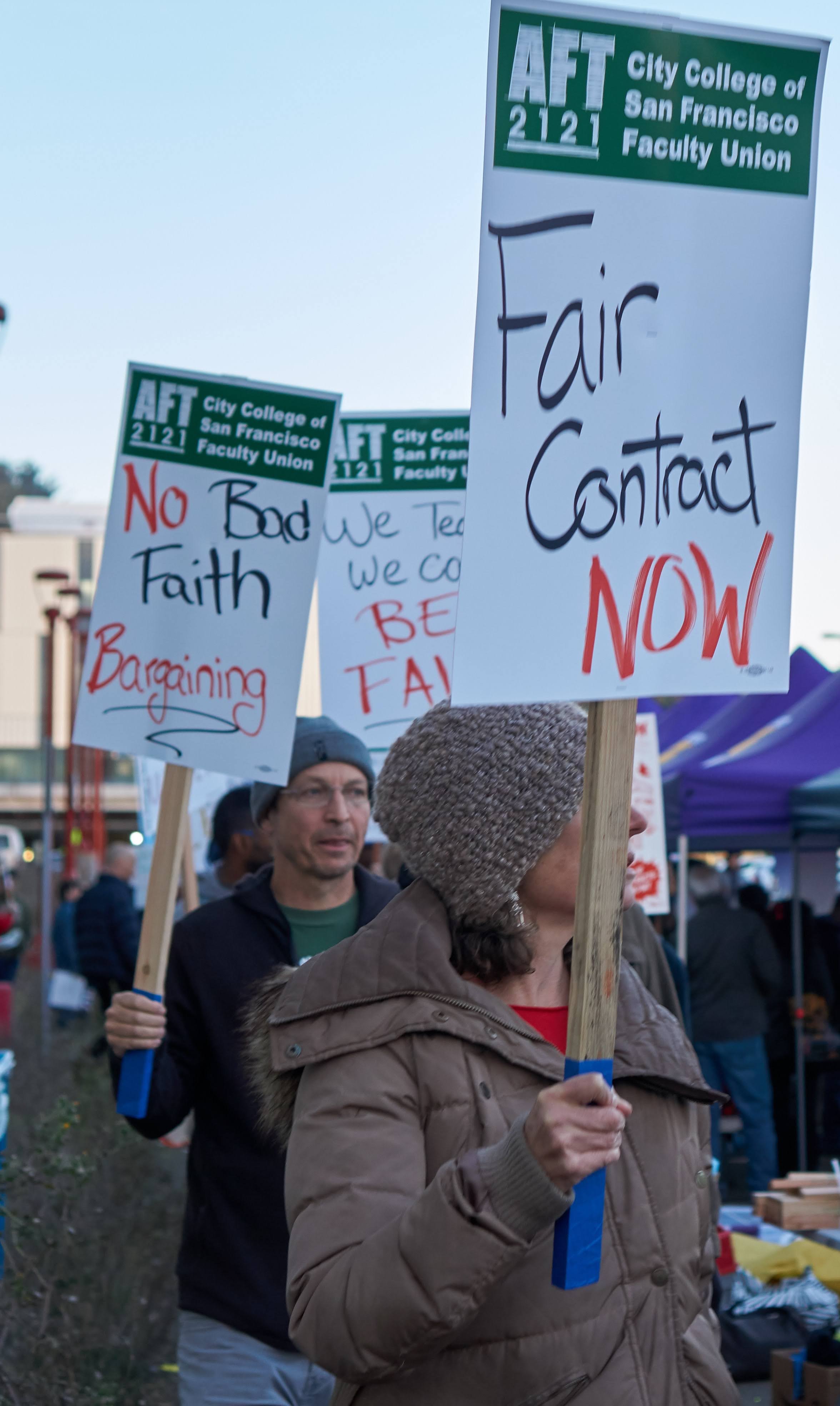
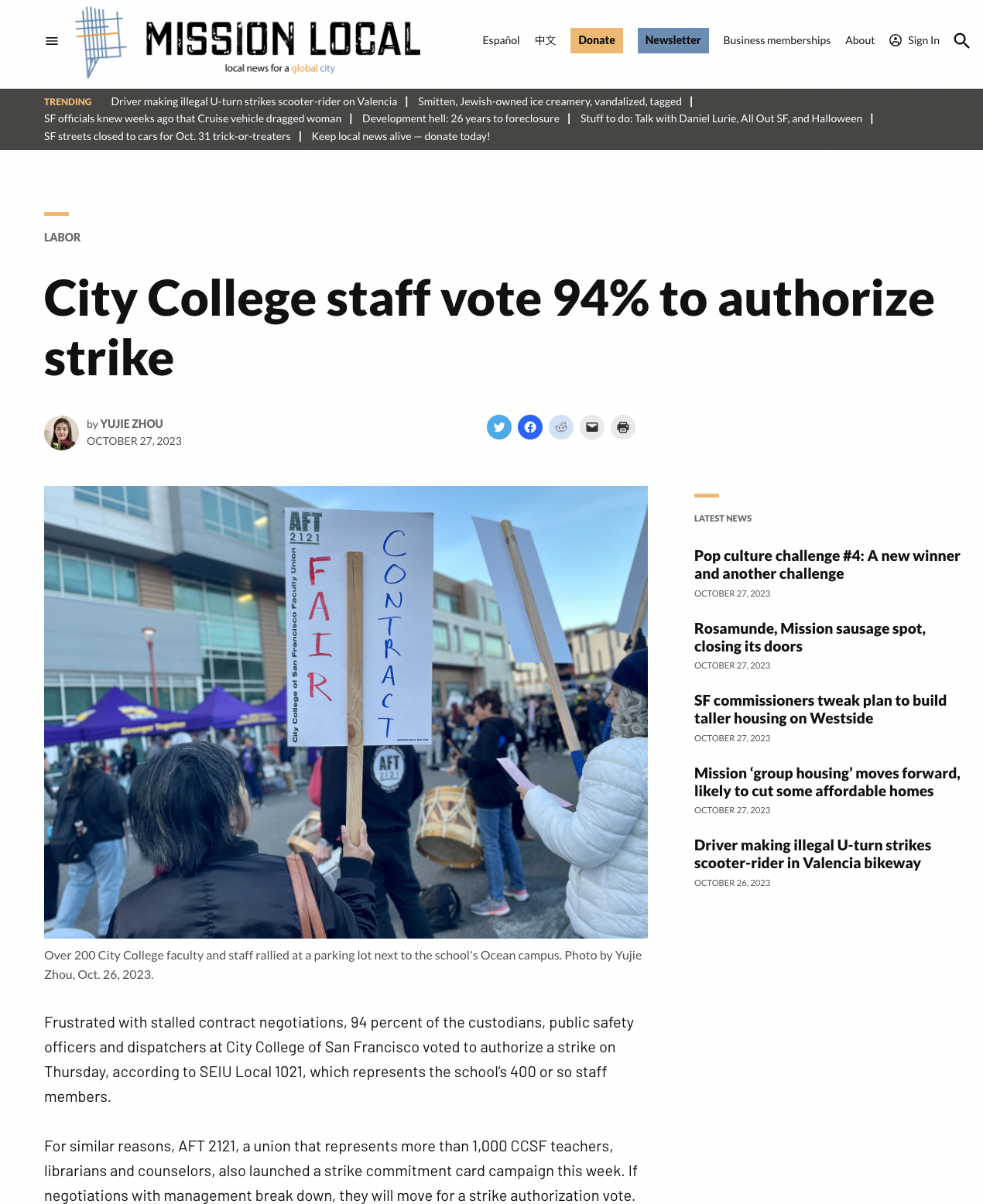
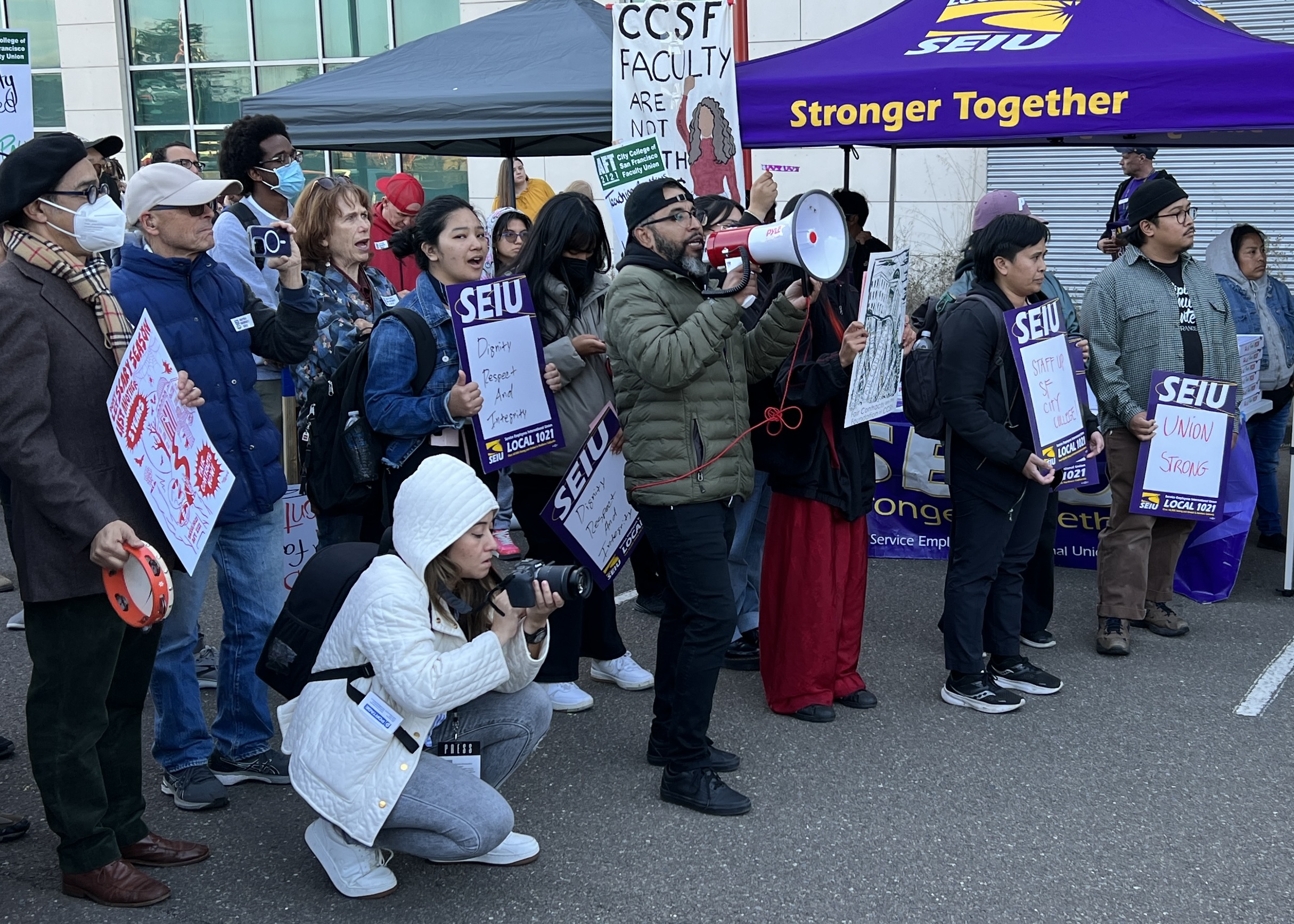
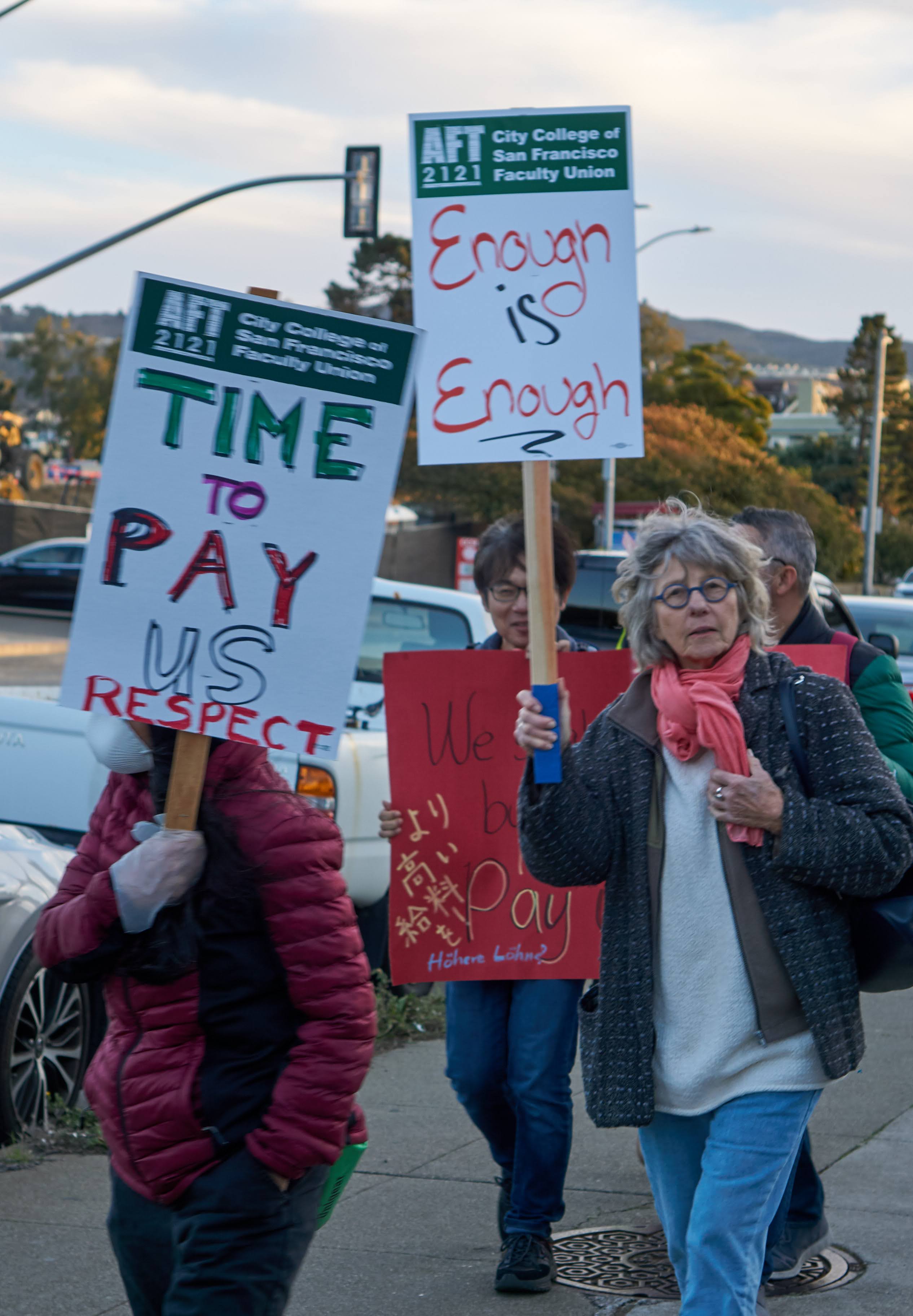
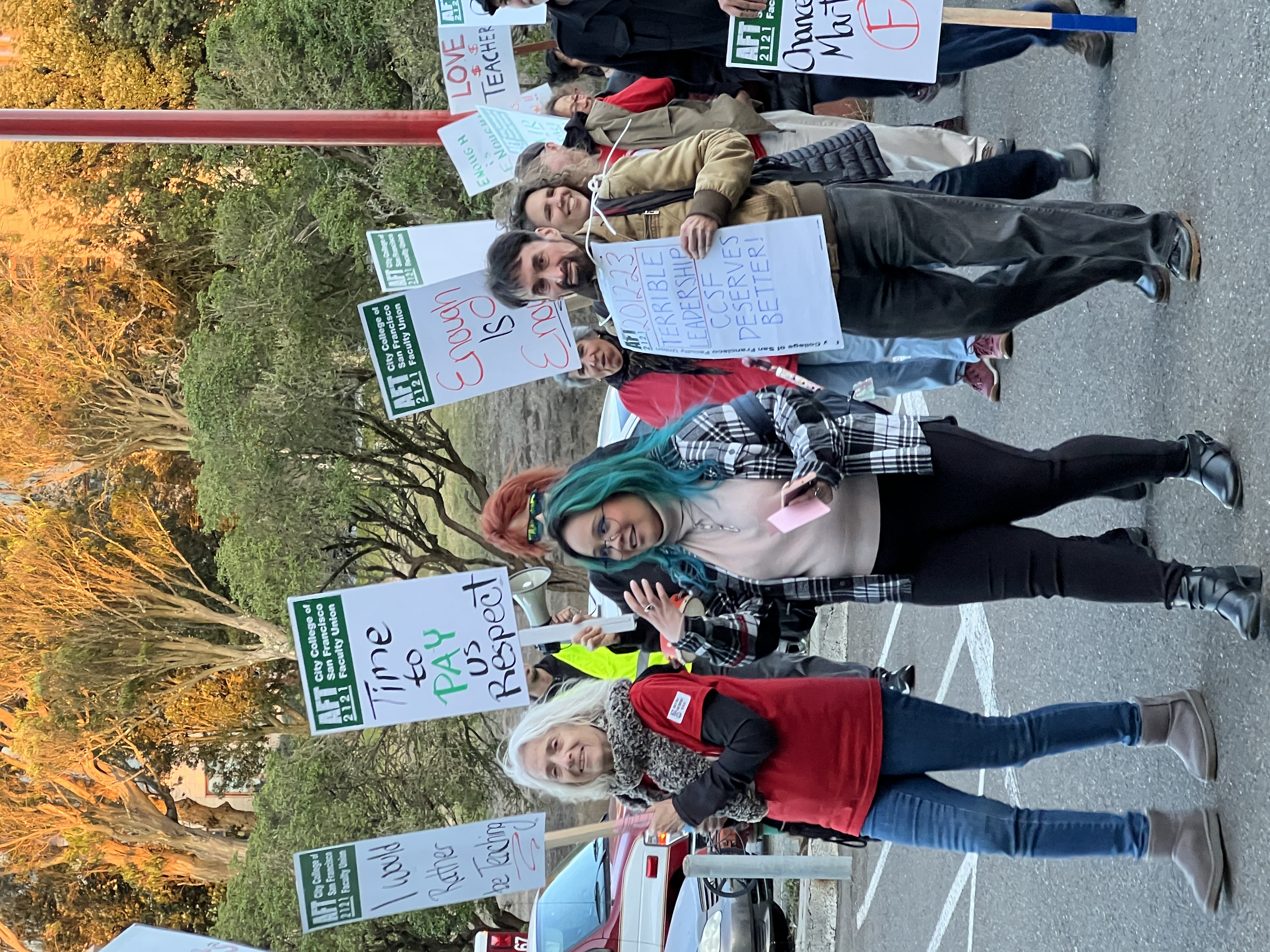
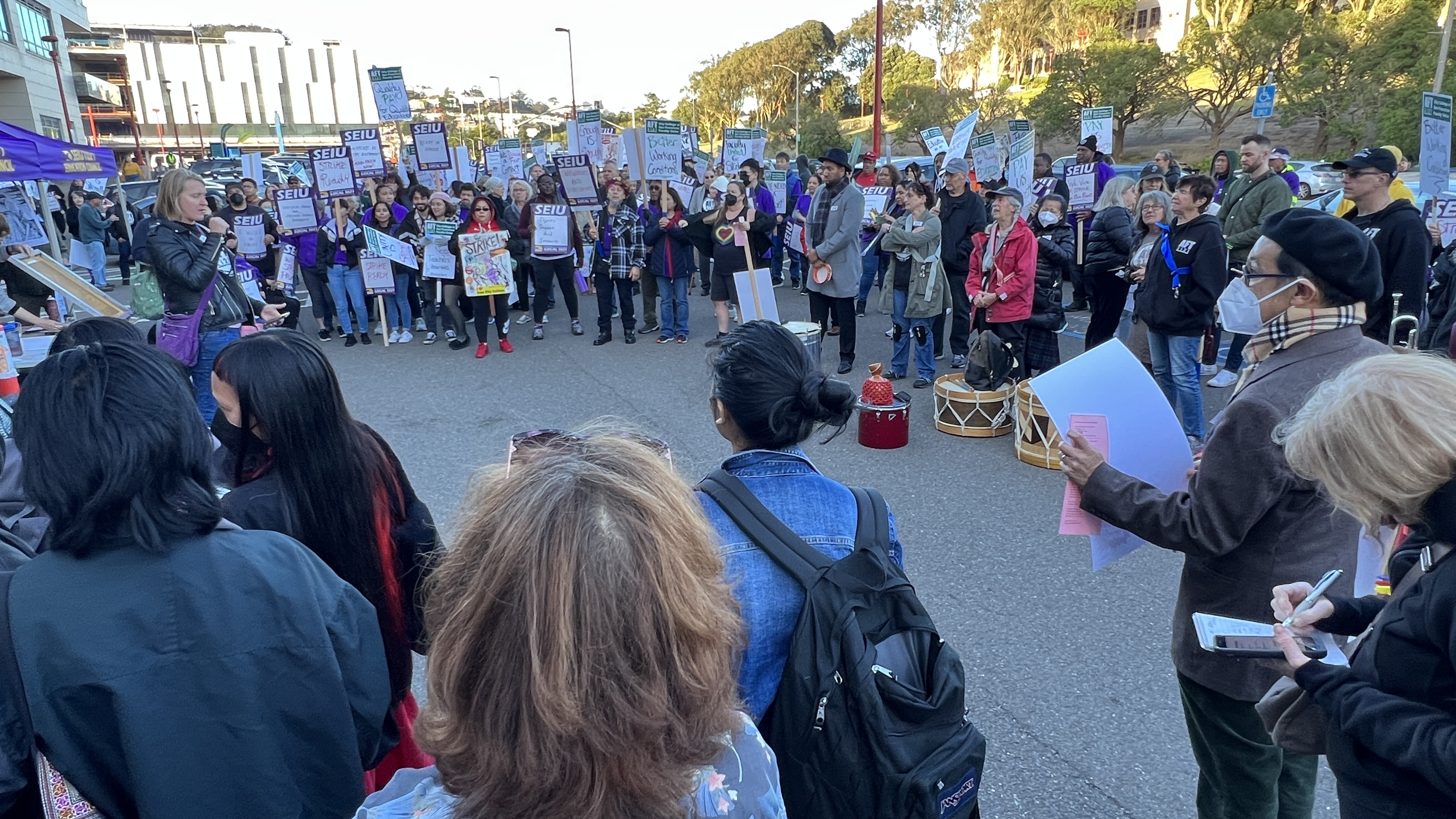
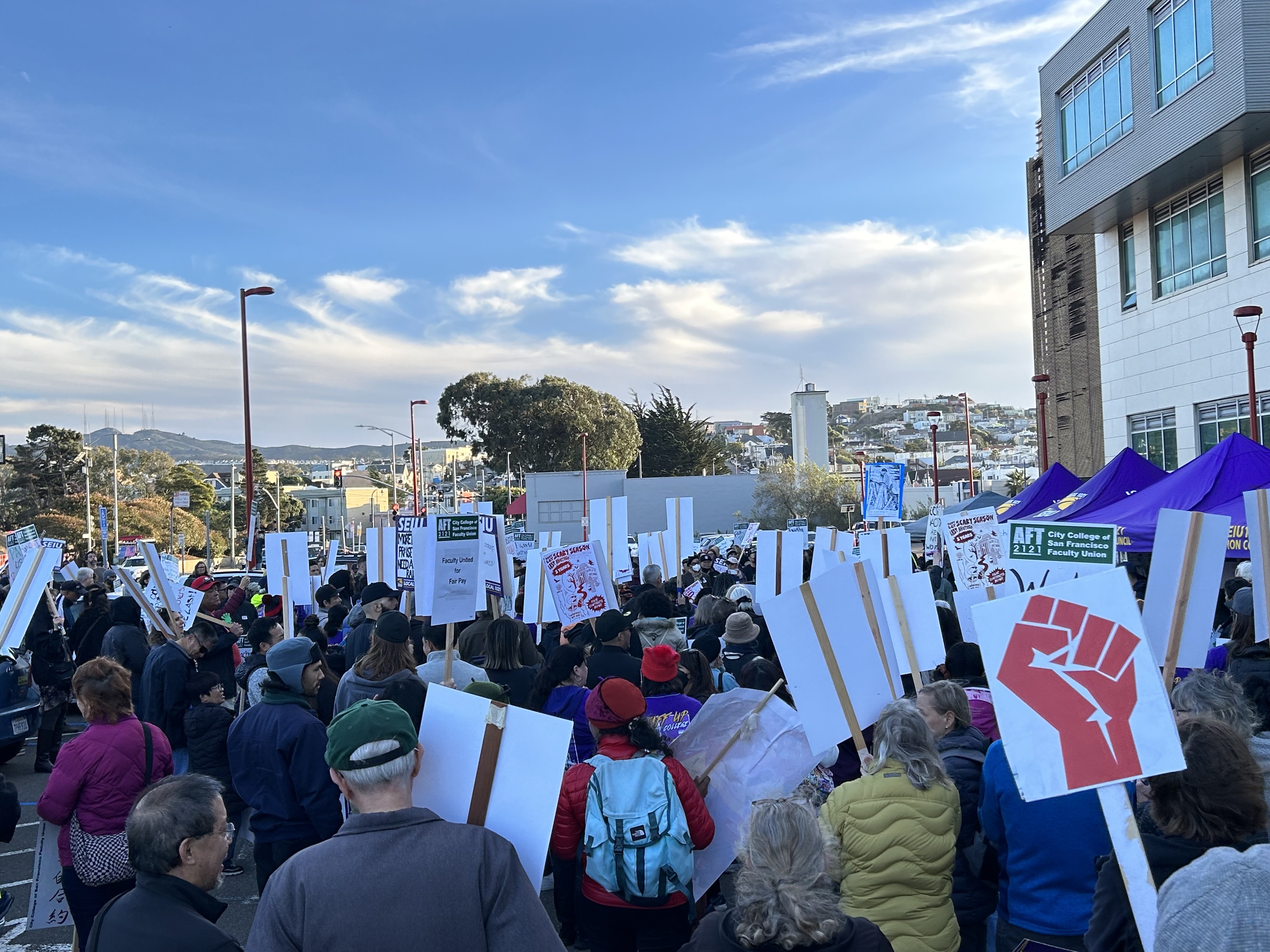
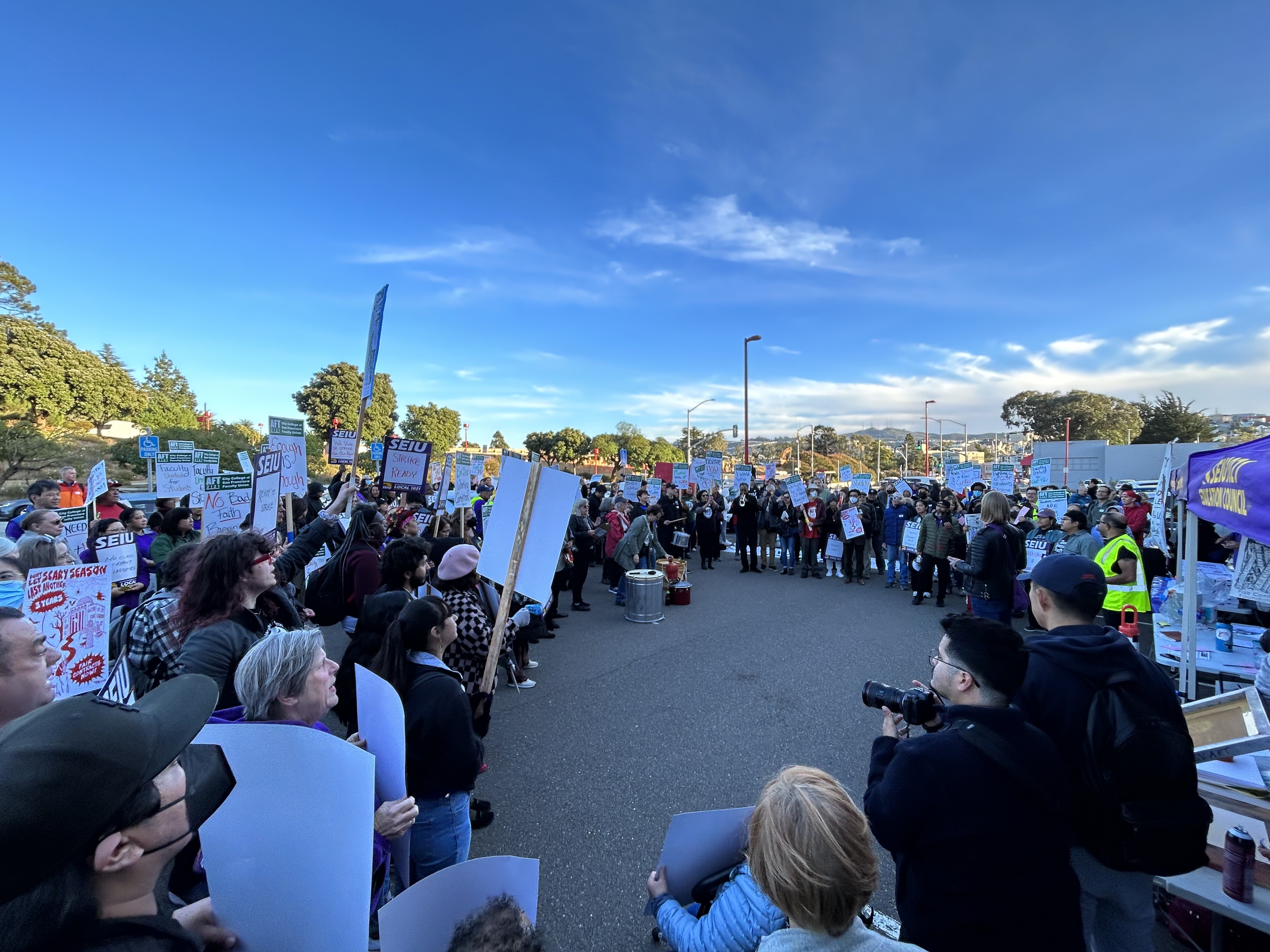
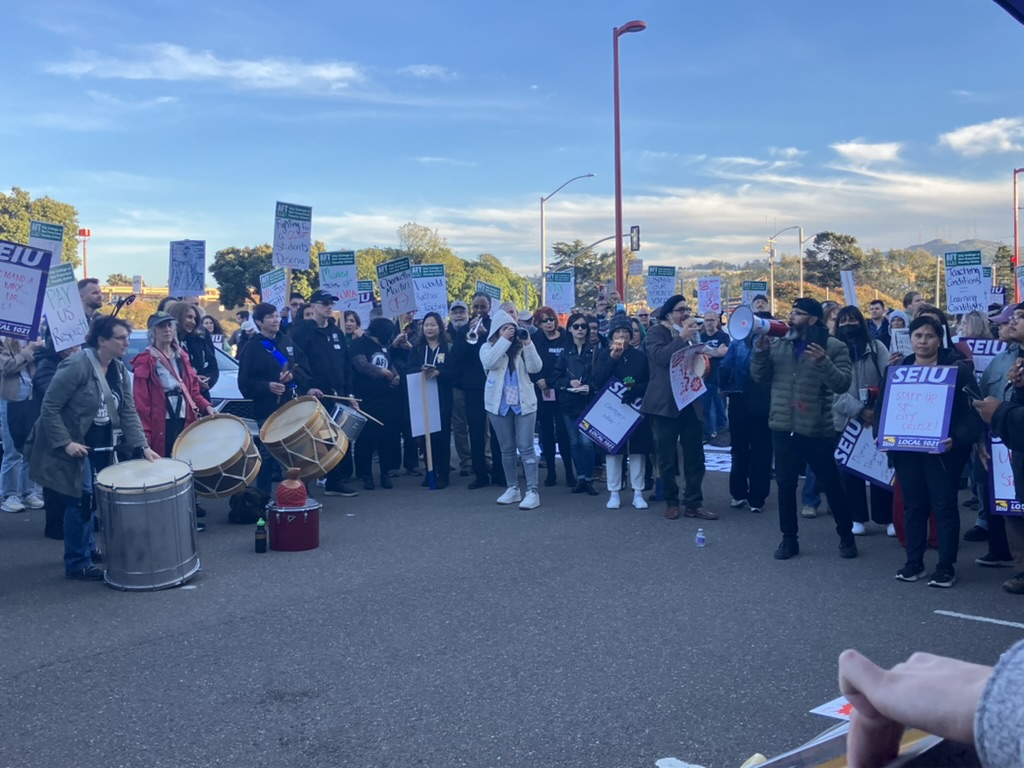
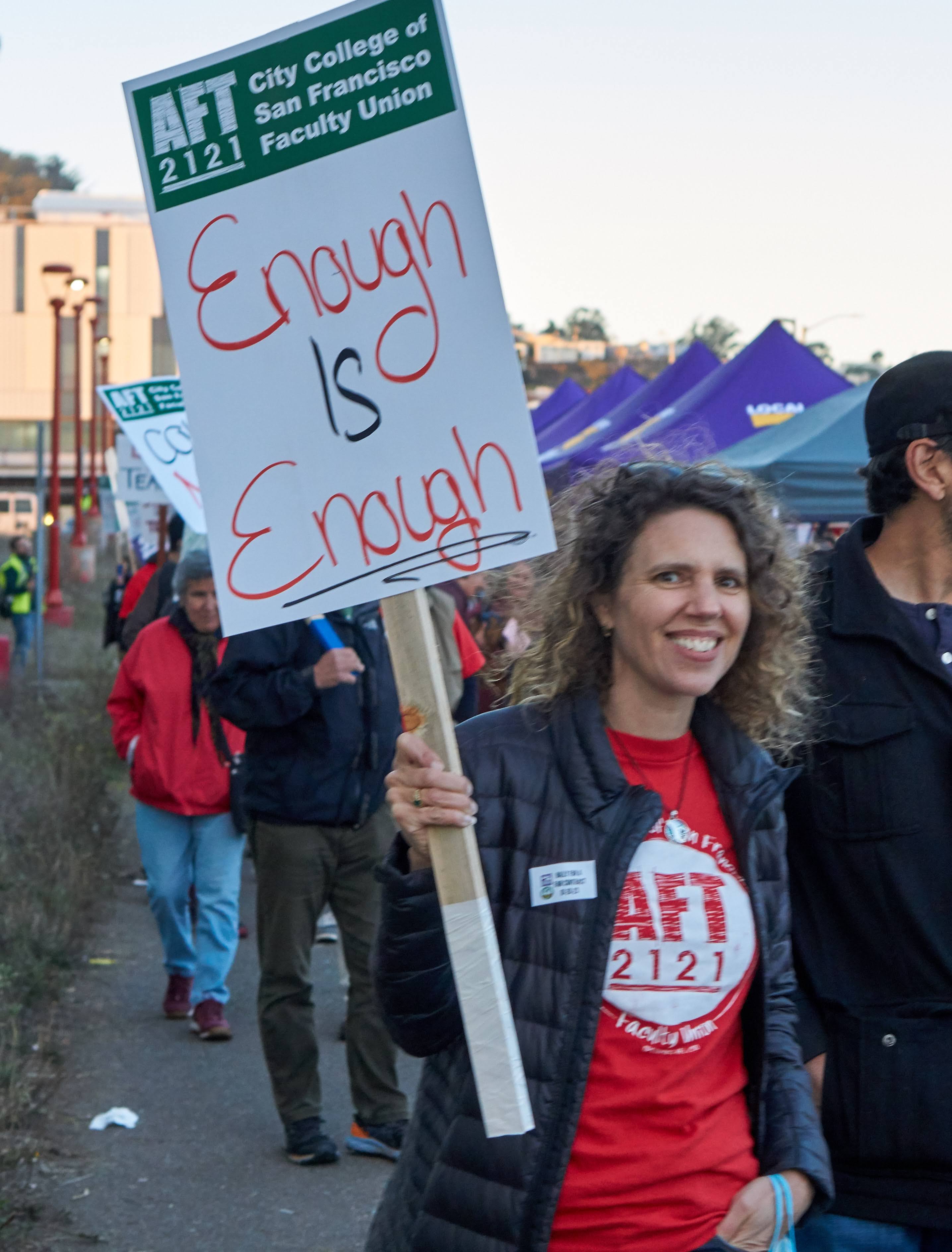

Follow Us!